
Hun Ju Lee, MD, reviews results from part C of the phase 2 SGN35-27 trial for patients with early-stage classical Hodgkin lymphoma treated with brentuximab vedotin plus nivolumab, doxorubicin, and dacarbazine.

Your AI-Trained Oncology Knowledge Connection!


Hun Ju Lee, MD, reviews results from part C of the phase 2 SGN35-27 trial for patients with early-stage classical Hodgkin lymphoma treated with brentuximab vedotin plus nivolumab, doxorubicin, and dacarbazine.

Novel, personalized, tumor-informed brPROPHET technology can assess molecular residual disease with greater sensitivity than other assays, according to initial data.
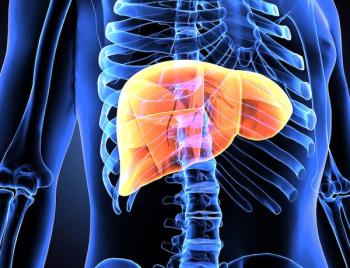
Patients with hepatocellular carcinoma treated from 2018 to 2021 experienced better outcomes than patients treated in the preceding decade, according to a recent study.

Molecular responders by G360 response algorithm with advanced colorectal cancer appear to have significantly lengthened time on treatment and overall survival with all regimens vs patients who did not respond.
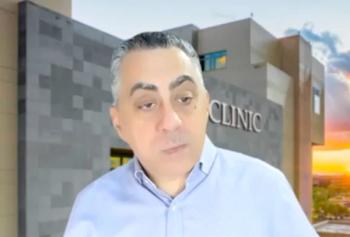
An expert from the Mayo Clinic discusses how findings from the ongoing phase 3 MOUNTAINEER trial may enable access to tucatinib, trastuzumab, and chemotherapy in earlier lines of treatment for patients with HER2-positive metastatic colorectal cancer.
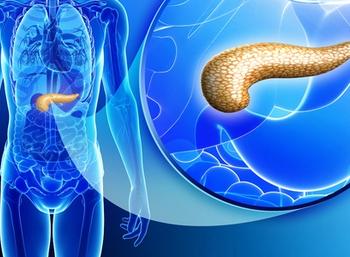
Investigators report evidence of early efficacy with SEA-CD40, chemotherapy, and pembrolizumab in patients with metastatic pancreatic ductal adenocarcinoma.

Patients with advanced biliary tract cancer experience modest clinical benefit following treatment with atezolizumab and cisplatin/gemcitabine with or without bevacizumab.
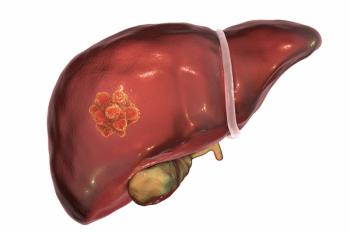
Patients diagnosed with locally advanced, hepatocellular carcinoma experience benefit in overall survival, progression-free survival, and time to disease progression following treatment with sorafenib and stereotactic body radiation therapy.
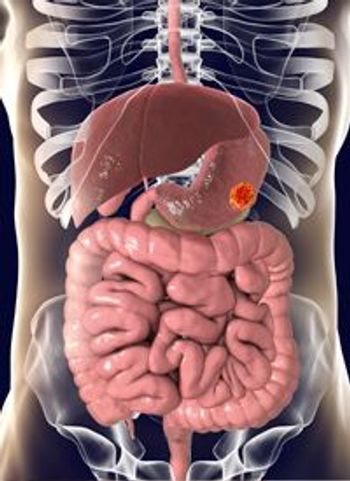
Patients with newly diagnosed, advanced biliary tract cancers do not have a statistically significant survival benefit following treatment with nab-paclitaxel plus gemcitabine and cisplatin.
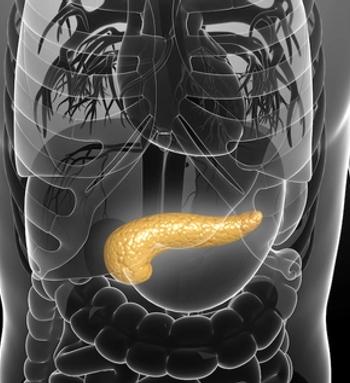
A combination of liposomal irinotecan plus 5-fluorouracil, leucovorin, and oxaliplatin in the frontline yields a statistically significant survival benefit compared with nab-paclitaxel and gemcitabine in a population diagnosed with metastatic pancreatic ductal adenocarcinoma.
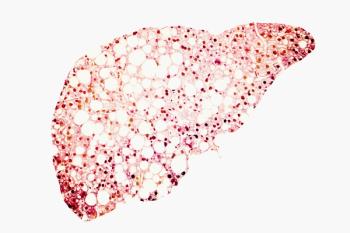
Patients with unresectable hepatocellular carcinoma experienced an improvement in several health-related quality of life measures following treatment with first-line tislelizumab compared with sorafenib.
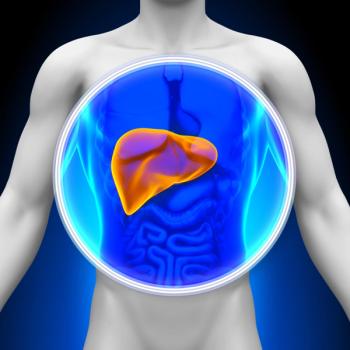
Lenvatinib in combination with blank-microsphere transarterial chemembolization and sequential microwave ablation demonstrates encouraging preliminary activity in patients with hepatocellular carcinoma.
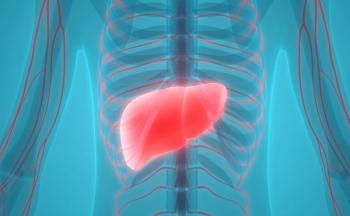
Envafolimab in combination with lenvatinib and transarterial chemoembolization demonstrated efficacy and safety among patients with unresectable hepatocellular carcinoma.
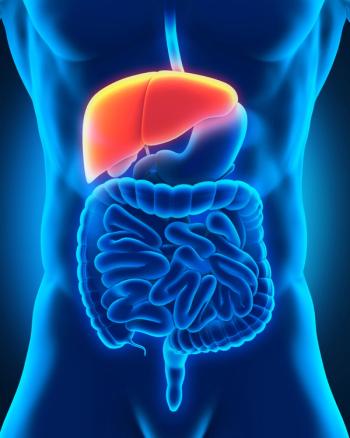
Findings from the phase 3 HIMALAYA trial indicate that durvalumab with or without tremelimumab remained efficacious regardless of the presence of anti-drug antibodies in unresectable hepatocellular carcinoma.
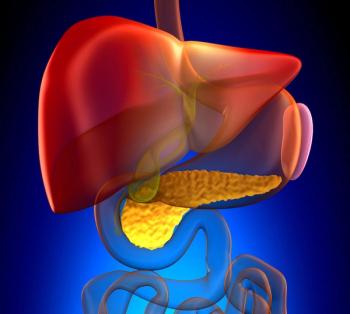
Findings from the phase 3 LEAP-002 study indicate that the addition of pembrolizumab to lenvatinib did not impact quality-of-life scores among patients with hepatocellular carcinoma.

An expert from The University of Texas, MD Anderson Cancer Center says that a brentuximab vedotin–based combination was well-tolerated in patients with advanced-stage Hodgkin lymphoma, according to results presented at 2022 ASH.
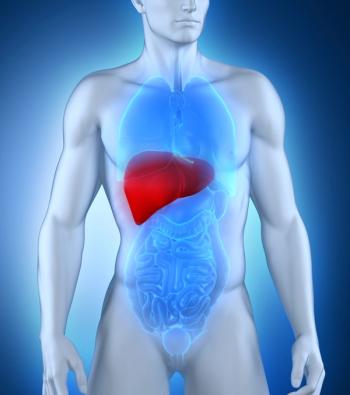
Lenvatinib yields survival benefit in hepatocellular carcinoma following progression on immunotherapy.

An expert from the Duke University School of Medicine describes how the FDA approval of tucatinib plus trastuzumab in HER2-positive metastatic colorectal cancer will improve access to treatment.

Patients with previously untreated advanced gastric cancer, gastroesophageal junction cancer, and esophageal adenocarcinoma continue to benefit from treatment with nivolumab and chemotherapy.

Long-term survival benefit is seen in patients with treatment-naïve advanced esophageal squamous cell carcinoma who were treated with nivolumab plus chemotherapy or ipilimumab.

Investigators report benefit in patients with CLDN18.2-positive, HER2-negative locally advanced unresectable or metastatic gastric/gastroesophageal junction adenocarcinoma treated with first-line zolbetuximab and mFOLFOX6.
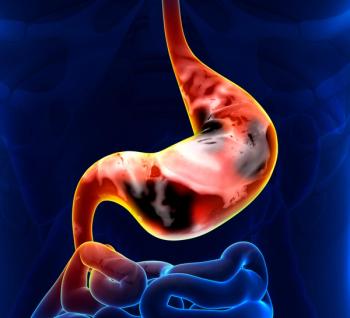
HER-Vaxx with standard-of-care chemotherapy yielded benefit in patients with HER2-overexpressing metastatic or advanced gastric/gastroesophaeal junction adenocarcinoma.

Pre-operative tremelimumab plus durvalumab elicited encouraging safety and activity in patients with microsatellite instability–high resectable gastric or gastroesophageal junction cancer.

Patients with chronic lymphocytic leukemia and small lymphocytic leukemia can now receive treatment with zanubrutinib following its approval by the FDA.

The findings, according to a group of researchers, warrant the development of treatments that attack HER2-low advanced gastric cancer.

The FDA based its accelerated approval of tucatinib and trastuzumab combination therapy for HER2-positive metastatic colorectal cancer on results from the phase 2 MOUNTAINEER trial.

An expert from Natera discusses ctDNA’s predictive and prognostic value in resectable colorectal cancer based on data from the GALAXY cohort of the CIRCULATE-JAPAN platform study.
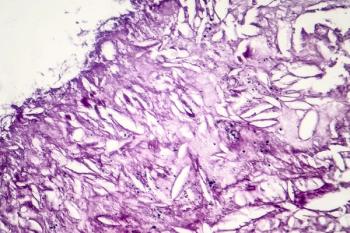
The FDA has given fast track designation to peptide-based immunotherapy agent EVX-01 in combination with pembrolizumab for metastatic melanoma.

Cisplatin plus veliparib appears to improve progression-free survival among patients with BRCA-like metastatic triple-negative breast cancer, but not in those with non–BRCA-like metastatic breast cancer.

An expert from Rutgers Cancer Institute discusses ongoing research for mosunetuzumab in relapsed/refractory follicular lymphoma, as well as the importance of deploying the agent in the community setting.